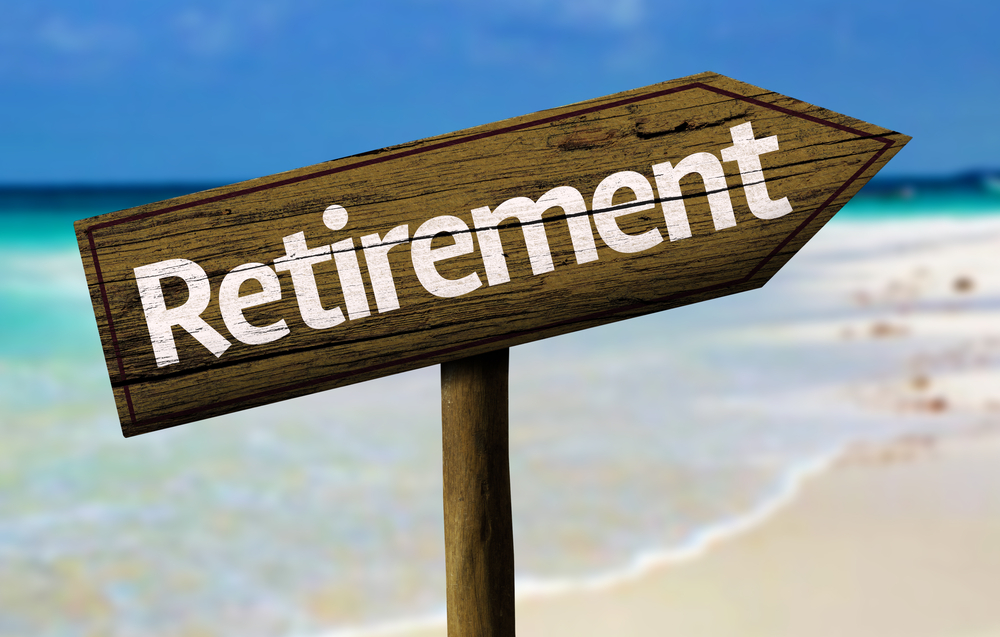
When you spend the majority of your adult life working, retirement may seem like it can’t come soon enough. Essentially a decades-long vacation, retirement gives you plenty of opportunities to accomplish those bucket-list items you’ve been putting off for years.
And while it is an exciting time, it’s also a drastic change. When you’re used to having a job that consumes most of your waking hours, it can be tough to transition into a life of leisure. In some cases, retirement can even lead to a somewhat surprising problem: depression.
A study published in the Journal of Population Ageing found that those who were retired were about twice as likely to report feeling symptoms of depression than those who were still working. In addition, suicide rates for men are highest among those age 75 and older, according to data from the Centers for Disease Control and Prevention.
If retirement is such a joyous time in life, then why are so many retirees depressed? There are several possible reasons.
Retirement: An exciting yet stressful milestone
Finances are the No. 1 source of stress among Americans, a survey from Northwestern Mutual discovered, with 54% of people reporting feeling consistent anxiety when it comes to money.
For those who are struggling to save for retirement, the reality of depending on Social Security checks in retirement is bleak.
It may also be challenging to travel, try new hobbies, or enjoy other pastimes during retirement if you’re struggling to make ends meet.
All the free time that comes with retirement may also prove challenging. While it might seem like a blessing at first, after a few years, it could become more difficult to find ways to fill your days. At that point, you’re more likely to fall into the habit of staying home and spending your days sitting on the couch.
That’s not to say you shouldn’t spend retirement sitting on the couch if that’s what you want to do. But for many people, leaving a job can also mean leaving behind co-workers and friends, financial security, and even a sense of purpose. If your identity is tied to your career, it can be tough to all of a sudden have no obligations and nowhere to be every day.
When you enter retirement without a plan for how you want to spend your golden years, it’s easy to feel a little lost. That’s why it may be a good idea to ease into it to help the transition go smoother.
A gradual retirement is a happier retirement
Going from working 40 hours per week or more to working zero hours per week can be a shock, but by easing into it, it won’t be such a dramatic shift. Some employers offer phased retirements, where employees can gradually reduce their hours over the course of a few years until they’re fully retired. If that’s not an option, it may be a good idea to line up a part-time job for after you leave your full-time career.
The idea of continuing to work even after you’ve retired might not sound too appealing right now, but it can set you up for retirement success. Not only can you continue earning income (and building up your retirement fund), but you can also get a better idea of what retirement will look like to better plan how you want to spend your additional free time.
A phased retirement may even improve your health. People who took on part-time or temporary jobs after leaving their full-time jobs reported experiencing fewer health problems and overall better mental health compared with those who stopped working entirely, according to research published in the Journal of Occupational Health Psychology.
Once you do stop working entirely and fully retire, there are a few things you can do to potentially ward off any stress and depression-like symptoms. For example, make sure you have strong social connections – whether it’s family members, former co-workers, or other friends – to avoid feelings of social isolation.
Also, map out what you want to do with all your free time. You don’t need to schedule every minute of your day, but if you tell yourself you just want to tinker around the house all day long, that may get old after a few months or years. These plans don’t have to be extravagant, either, like traveling across the country. Perhaps there are volunteer opportunities in the community you can take advantage of, or maybe you’ve always wanted to try your hand at gardening. Staying active – even by doing something as simple as joining a book club – can help stave off the boredom and isolation that retirement could bring.
Retirement is a time for relaxation, but without a plan in place for how you want to spend your time, it’s easy to slip into a habit of staying home and doing nothing. By easing into retirement and creating a road map for how you’d like to spend it, it will ensure you’re enjoying it to the fullest.
